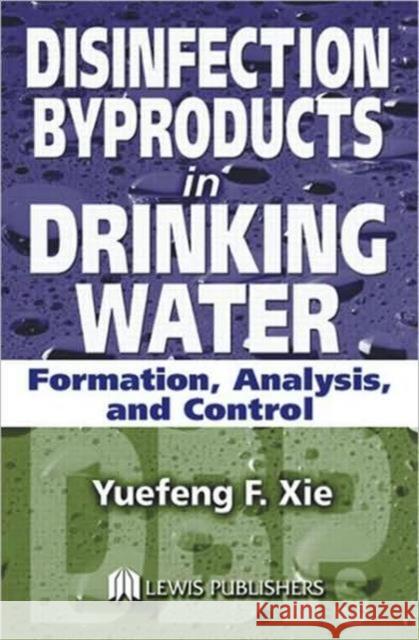Disinfection Byproducts in Drinking Water: Formation, Analysis, and Control » książka
Disinfection Byproducts in Drinking Water: Formation, Analysis, and Control
ISBN-13: 9781566769747 / Angielski / Twarda / 2003 / 176 str.
The EPA has established regulations which classify four types of disinfection byproducts - TTHMs, haloacetic acids, bromate, and chlorite - and requires public water systems limit these byproducts to specific levels. Most of the information required to comply with these standards is either scattered throughout the literature or derived from conferences or symposiums. Disinfection Byproducts in Drinking Water: Formation, Analysis, and Control pulls all the information together to provide a needed organized presentation of disinfection byproduct analysis, formation, and control.
The author begins with an introduction to all disinfection byproducts (DBPs), including their nomenclatures, molecular structures, and formation. He discusses the effects of various water quality parameters on the formation and stability of DBPs in drinking water. He further examines DBP degradation reactions, the effects of various water treatment processes on the formation and removal of DBPs, various technologies for DBP removal and control in drinking water, and the formation and control of inorganic DBPs. The text also reviews past, current, and future regulations, as well as current analytical methods and data evaluation for disinfection byproducts monitoring.
Bringing together the findings of many notable researchers in the field, Disinfection Byproducts in Drinking Water serves as a practical guide to understanding the formation of disinfection byproducts and explaining how they are analyzed and controlled. Chemists in plants and laboratories will value the analytical techniques offered in the book, and plant engineers will benefit from the formation and control information.











